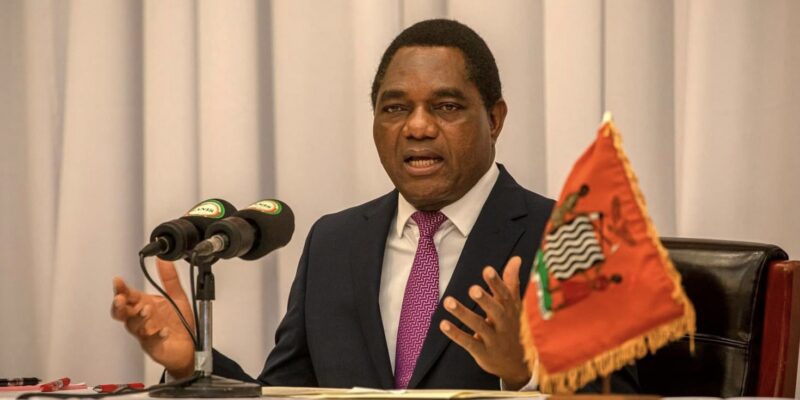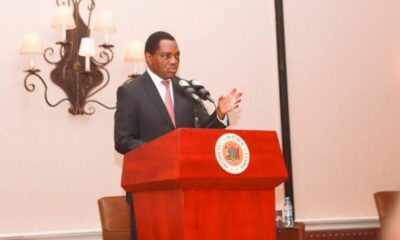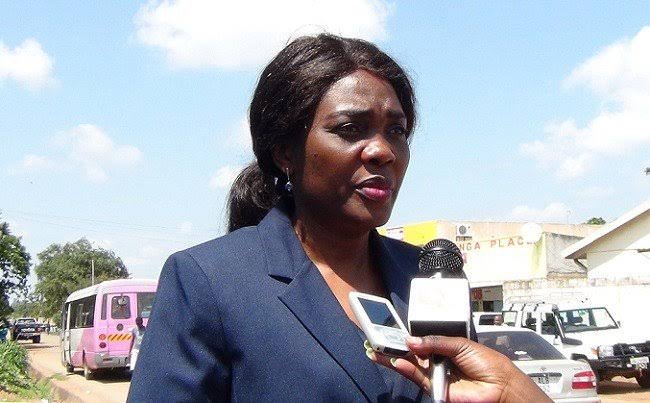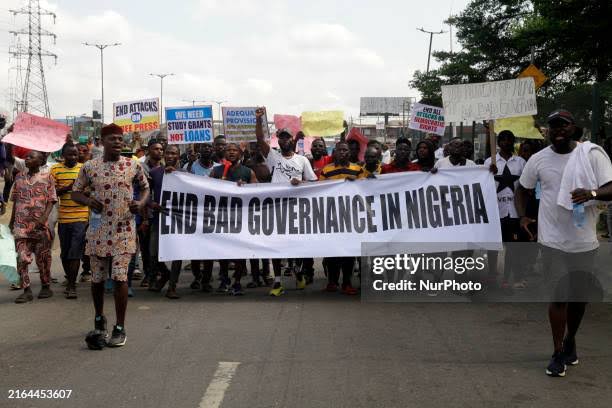The Nigeria Police has rejected a report by Amnesty International that accused the force of killing protesters during the #Endbadgovernance demonstration that erupted in the country from August 1 to 10.
In the report titled, “Bloody August: Nigeria Government’s Violent Crackdown on #EndBadGovernance Protests,” the global human rights organization accused the police of extrajudicial killings during which 24 protesters were killed in six states.
However, the Nigeria Police, while refuting the report, described the claims as false, misleading, and damaging to the image of the force.
Force Public Relations Officer (FPRO), ACP Muyiwa Adejobi, who addressed a press conference in Abuja on Sunday, said a special investigation carried out by a panel set up by the Inspector General of Police, Sunday Egbetokun, to verify the claims, found the AI claims to be false and misleading.
Adejobi explained that the panel, in collaboration with Commissioners of Police from the affected states, conducted extensive investigations and compiled a comprehensive report highlighting inaccuracies in Amnesty International’s allegations.
“Amnesty International is advised to reflect on its frequent false reporting on Nigeria’s law enforcement activities and ensure its reports are accurate and contain a true and fair representation of events affecting national security and public safety,” the Force spokesman said.
“Accurate reporting of facts is essential to the integrity of any international organisation, and Amnesty International should not be an exception.
“The Nigeria Police Force will, in due course, write to Amnesty International to demand the retraction of this report from the public domain along with a public apology.
“The Nigeria Police Force remains resolute in protecting the rights of all citizens while ensuring the security and stability of the nation. We, therefore, urge the public to be wary of sensational reports designed to incite mistrust and weaken confidence in law enforcement institutions.
“In Borno State, it was established that the protesters were violent, engaging in widespread looting, pillaging, and wanton destruction of public and private property. For example, the Skill Acquisition Centre of the United Nations High Commission for Refugees was looted and vandalised.
“The warehouse of the World Food Programme, located on Baga/Maimalari Barracks Road, Maiduguri, was also looted, with several items belonging to the international organisation destroyed and stolen by some of the protesters.
“Therefore, the claims by Amnesty International that the police threw a hand grenade from a convoy of vehicles into a filling station killing three persons is a blatant falsehood and leaves right-thinking members of society dismayed at this reported falsehood by an international agency that ought to act in accordance with international norms and standards of fair and honest reporting of human rights violations in the country,” Adejobi stated.

 Metro1 day ago
Metro1 day ago
 Tech1 day ago
Tech1 day ago
 Metro1 day ago
Metro1 day ago
 Sports1 day ago
Sports1 day ago






















